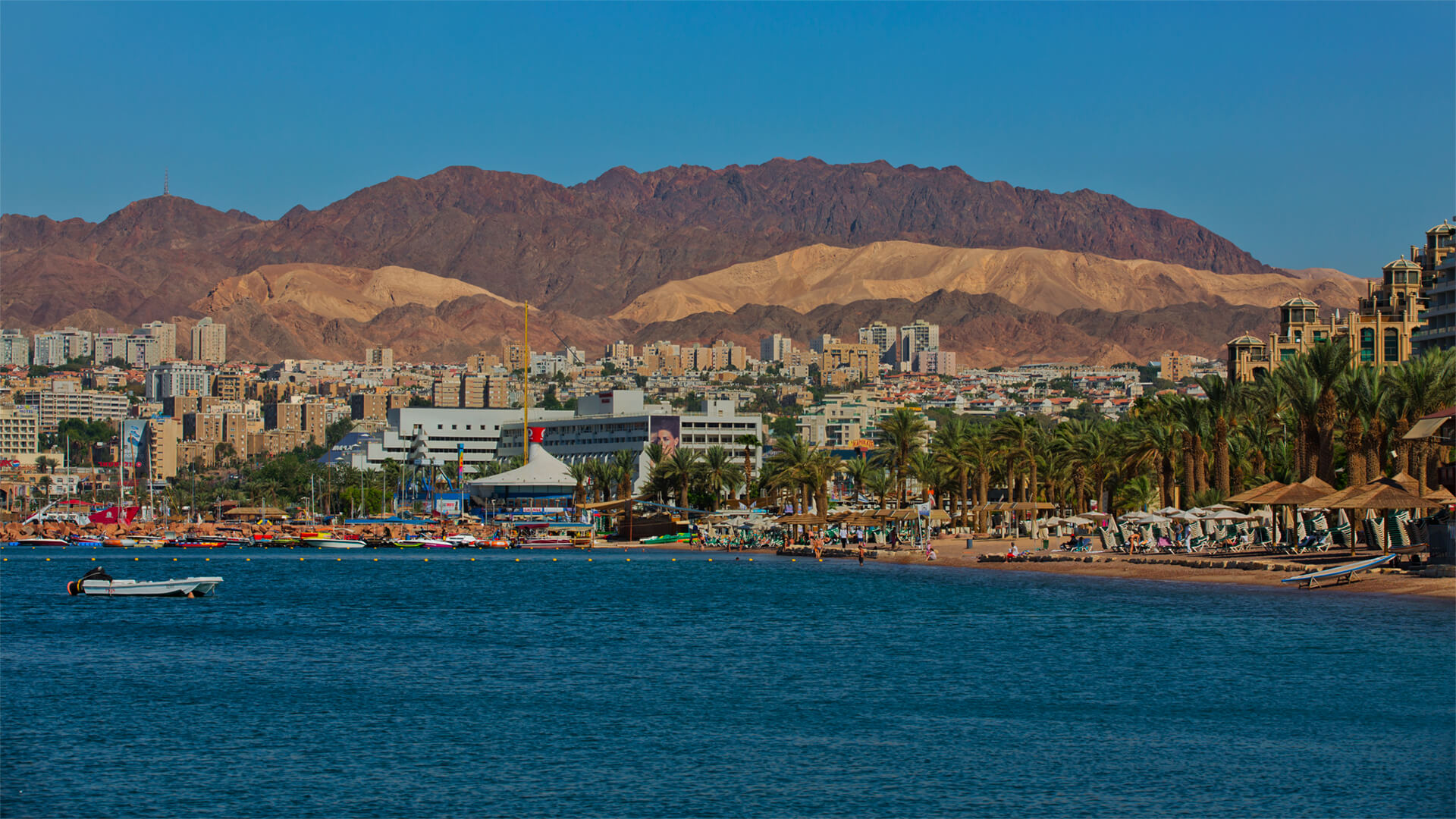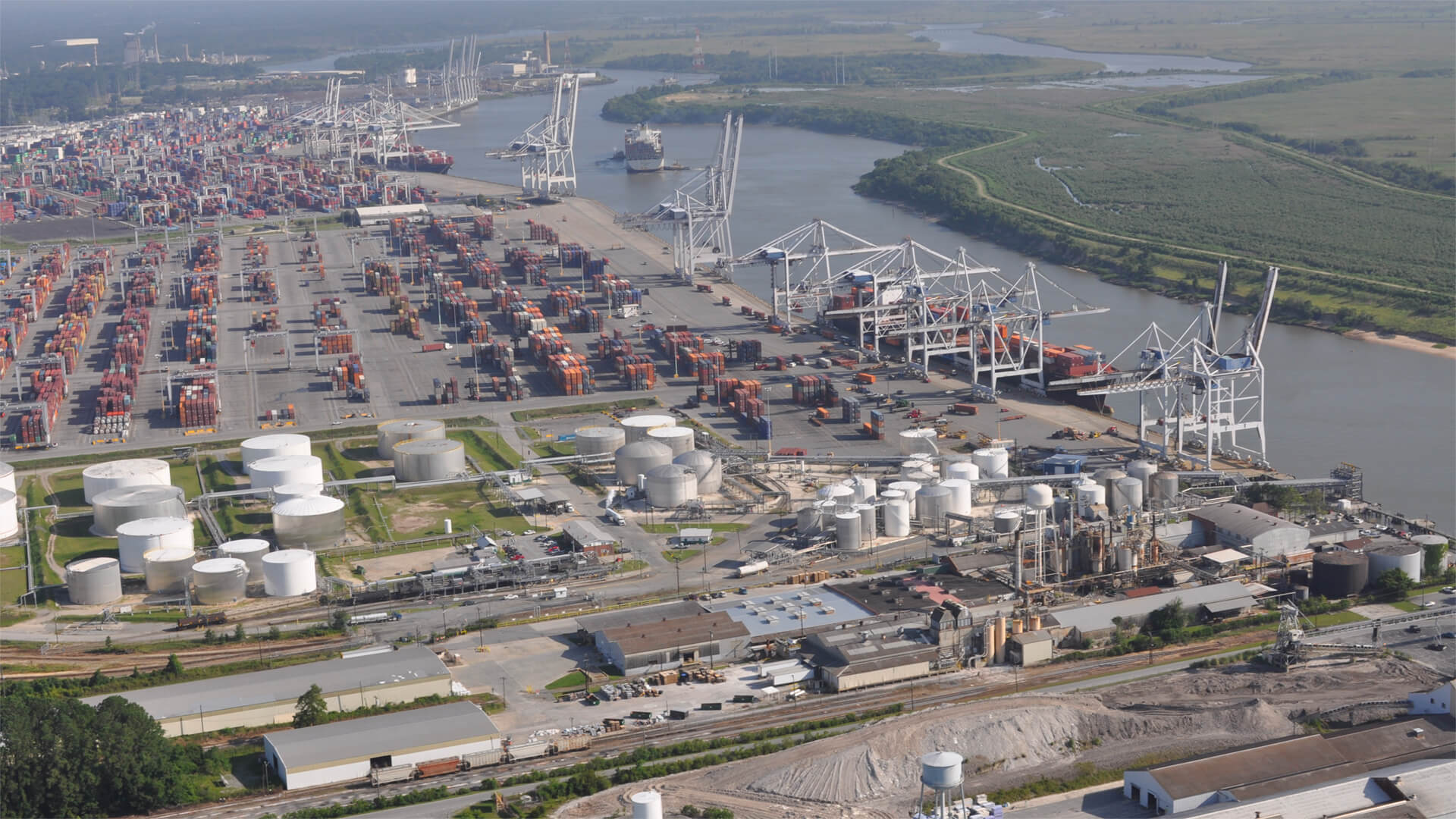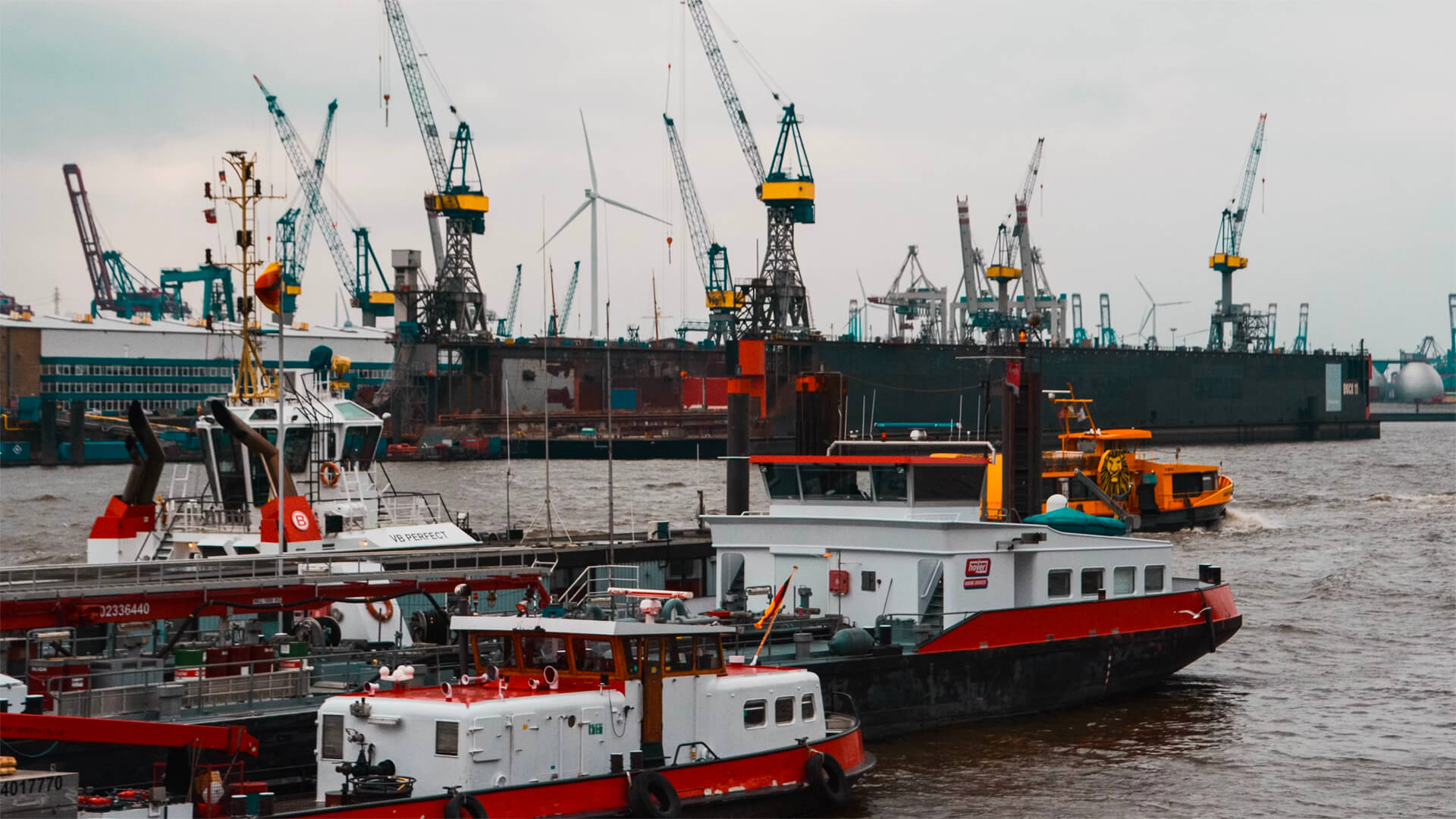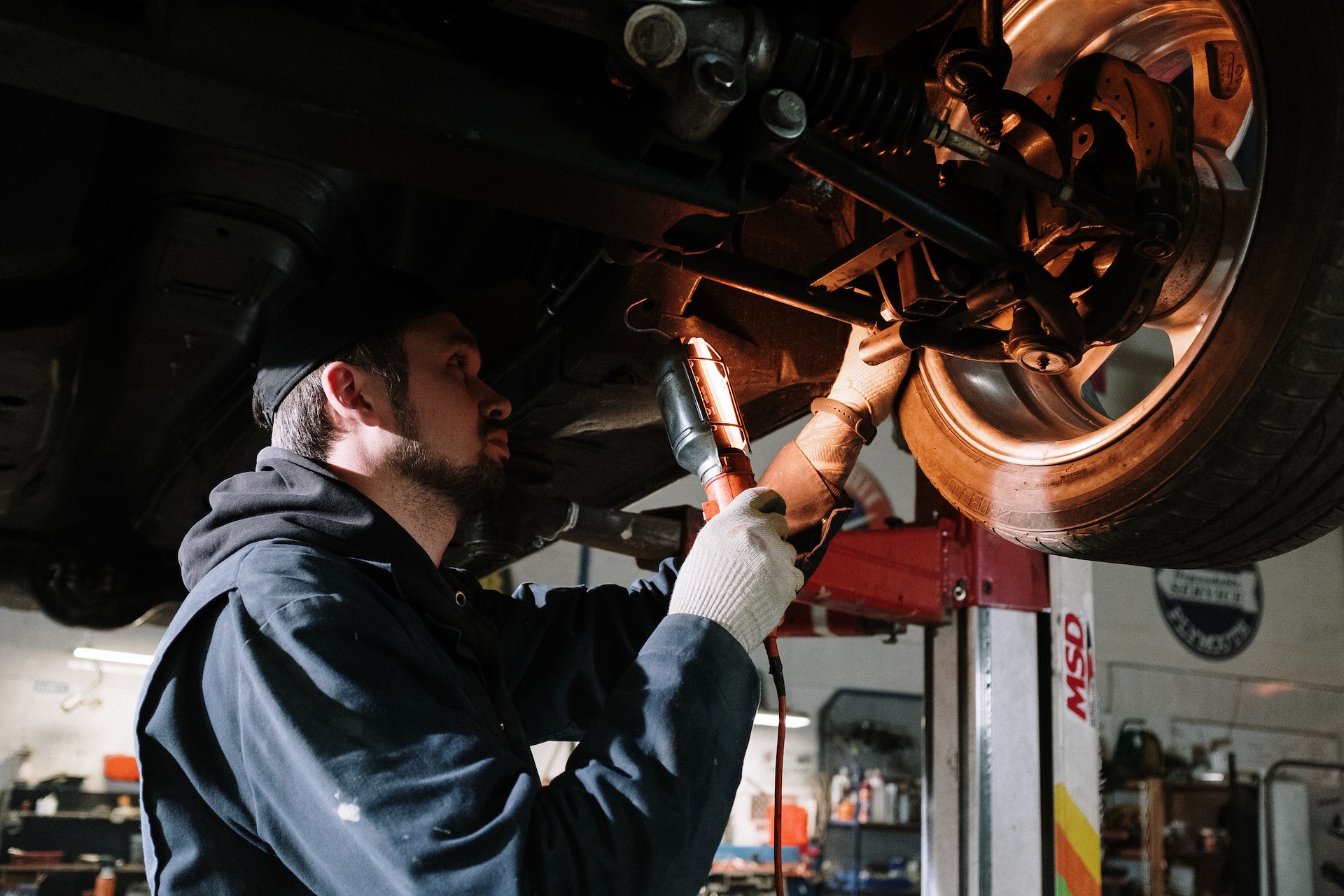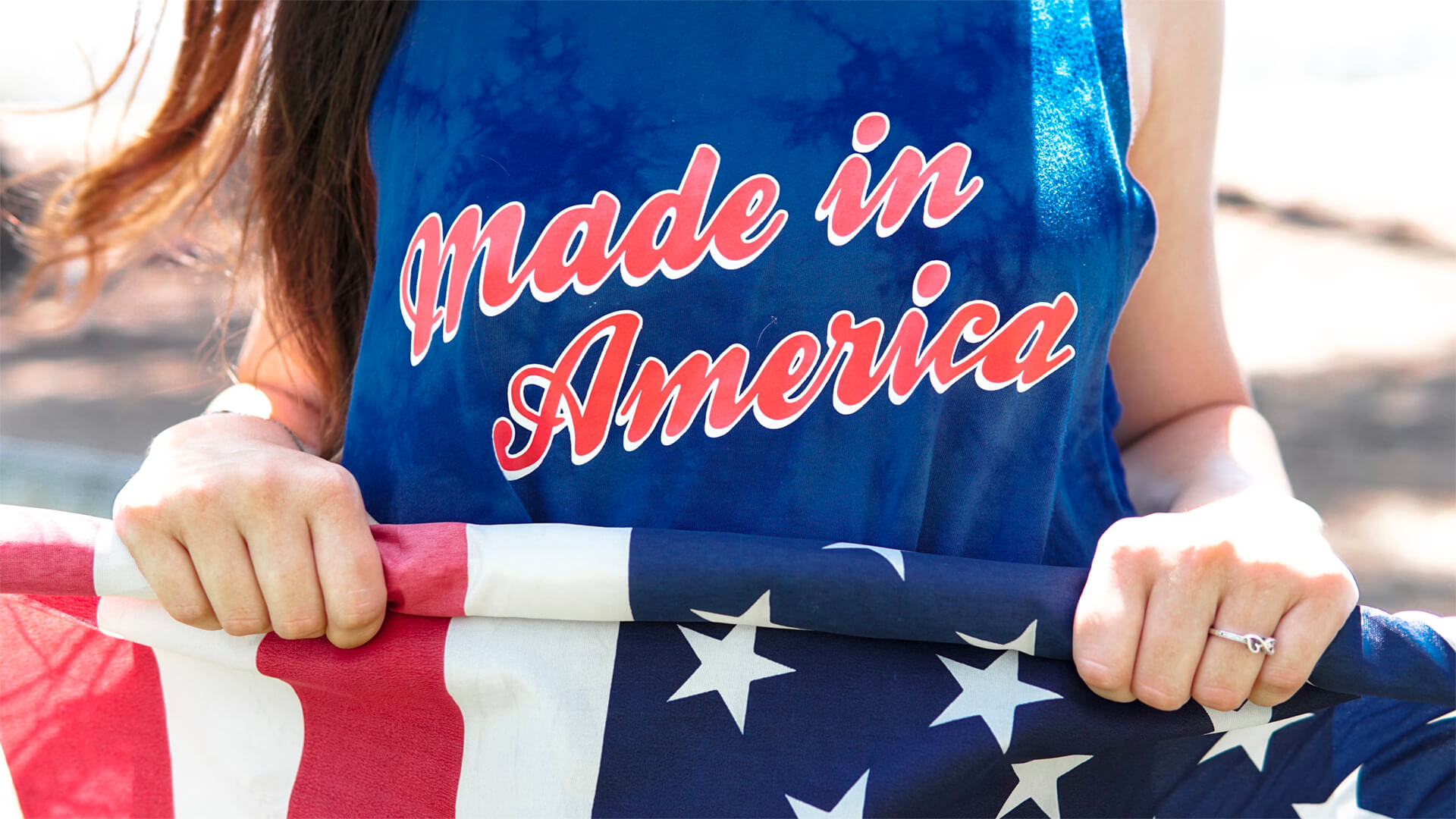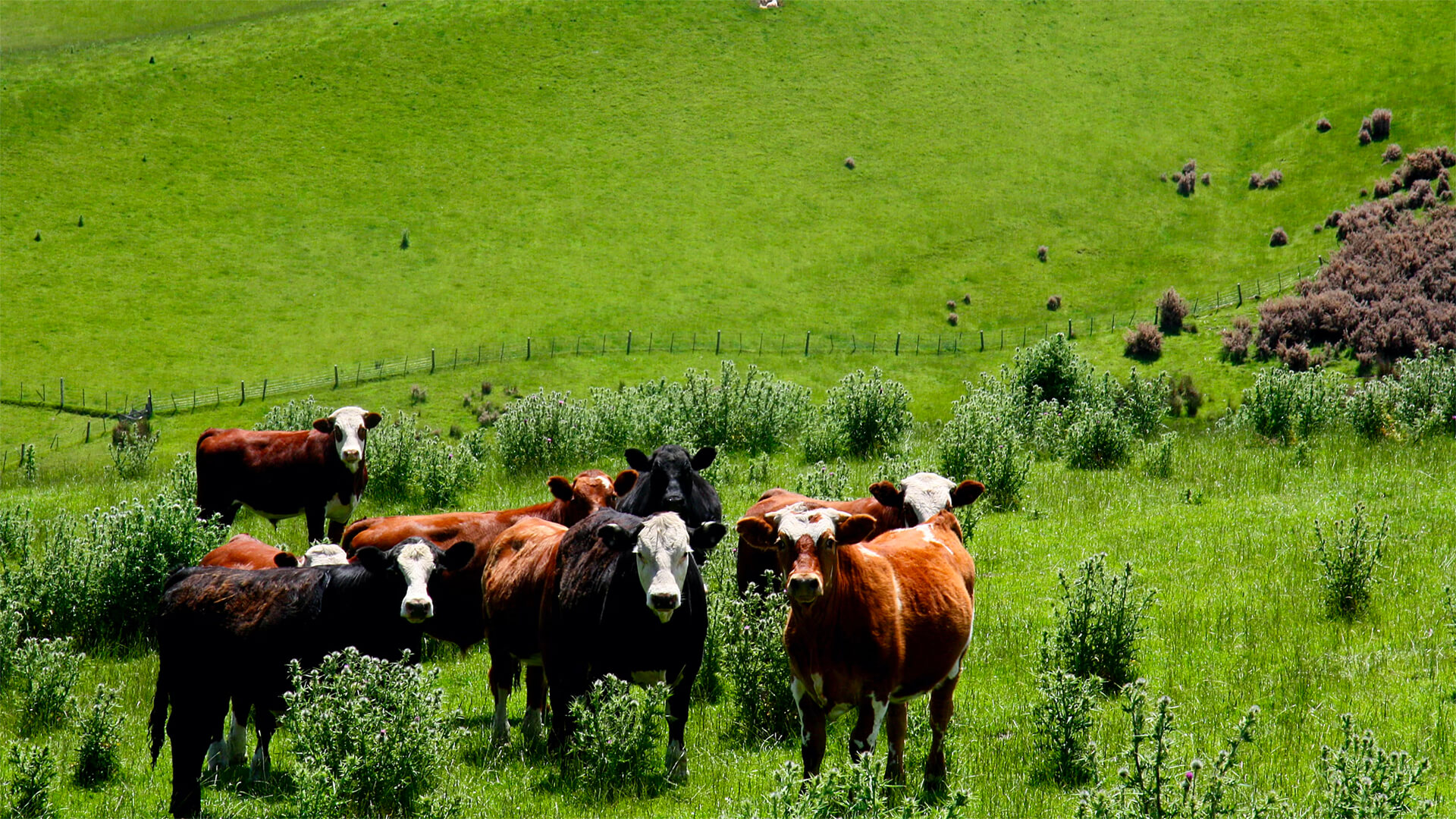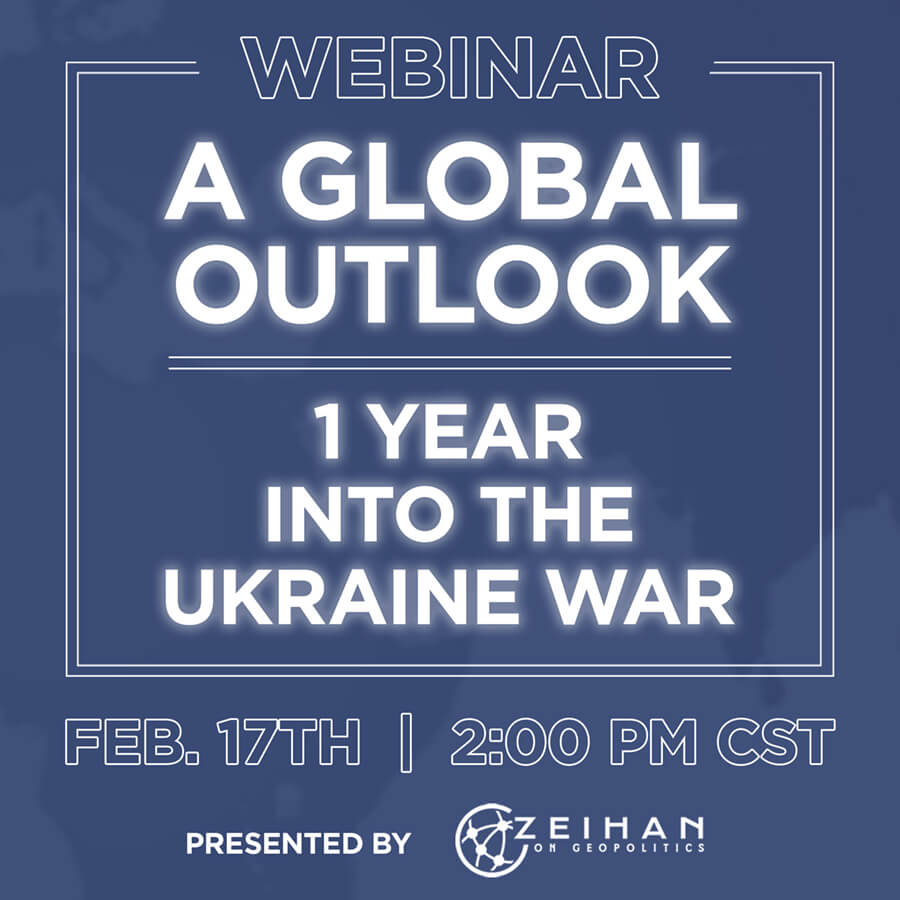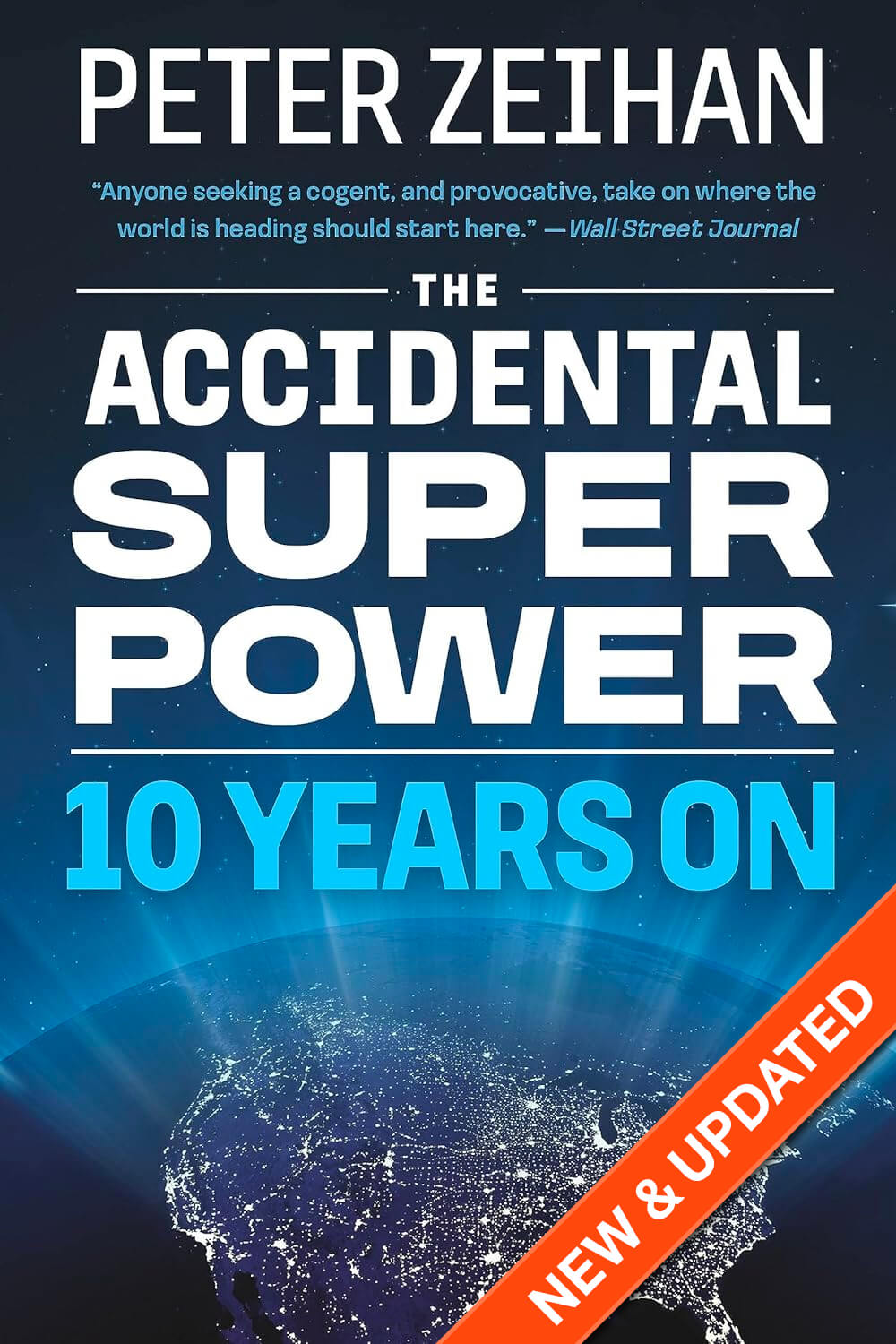
The Accidental Superpower: Ten Years On
With a new “10 years later” epilogue for every chapter, comes an eye-opening assessment of American power and deglobalization in the bestselling tradition of The World is Flat and The Next 100 Years.
If any of the gifts you ordered have to go through the Red Sea, it might be time to buy a backup. If you haven’t heard, there has been a series of attacks carried out by Yemeni militants on commercial shipping.
Most of the major shipping companies have suspended operations in the region; no surprise there. However, if you’re not a shipping savant, these attacks in the Red Sea could disrupt nearly 30% of all global container traffic.
Some countries will feel the heat a bit more than the rest of us. Chinese exports to Europe will require longer routes, crude shipments from the Persian Gulf could be disrupted, and don’t get me started on Russian crude exports. This is a complex issue that, if left unattended, could have major consequences down the road.
Here at Zeihan On Geopolitics we select a single charity to sponsor. We have two criteria:
First, we look across the world and use our skill sets to identify where the needs are most acute. Second, we look for an institution with preexisting networks for both materials gathering and aid distribution. That way we know every cent of our donation is not simply going directly to where help is needed most, but our donations serve as a force multiplier for a system already in existence. Then we give what we can.
Today, our chosen charity is a group called Medshare, which provides emergency medical services to communities in need, with a very heavy emphasis on locations facing acute crises. Medshare operates right in the thick of it. Until future notice, every cent we earn from every book we sell in every format through every retailer is going to Medshare’s Ukraine fund.
And then there’s you.
Our newsletters and videologues are not only free, they will always be free. We also will never share your contact information with anyone. All we ask is that if you find one of our releases in any way useful, that you make a donation to Medshare. Over one third of Ukraine’s pre-war population has either been forced from their homes, kidnapped and shipped to Russia, or is trying to survive in occupied lands. This is our way to help who we can. Please, join us.
TranscripT
Hey everybody. Peter Zeihan here. Coming to you from chilly Colorado. And the news we have in the last few days is that militants within the militants in Yemen are launching a combination of low grade ballistic missiles and drones, commercial shipping in the Red Sea. And that’s led the ten major shipping companies of the world to basically suspend operations in that area and either tell their ships to wait at the openings to the Red Sea until the threat passes or simply sail around the Red Sea completely, which means going all the way around Africa for the Asia Europe run.
Now, first, let’s get the caveats out of the way. This is not a state making a determined effort to shut down shipping in the area. That is something that has happened before in the aftermath of the 1973 war between the Arab states and Israel, the Israelis found themselves occupying the eastern side of the Suez Canal. And so they did just that in order to destroy one of Egypt’s main sources of foreign currency and force them to the negotiating table.
That’s what it’s play here. We have basically a bunch of drug addled militants, some of the world’s least competent ones, operating from some of the world’s least valuable land in Yemen, probably at the instigation of the Iranians who are their primary supporter, because this is a little conflict that is a needle on the side of Saudi Arabia, cost them very little to do it.
They’re using some of the same weapons systems that they’re selling to the Russians. And it’s plausible deniability just causes a lot of heartburn. So this is not a formal shutting down of trade. This is more of a heavy annoyance that has the opportunity maybe get worse. But at the moment, the warheads in play here are, you know, no more than a few pounds to a few dozen pounds each.
Nothing that can take out a tanker, nothing that can take out a container ship. The reason everyone’s so touchy about it is the way insurance law works on the seas is if you sail into a zone where someone is shooting the commercial shipping, your insurance policy is null and void. And so if anything happens like you need a tow, you’re on your own, or God forbid, that you actually get a leak either from the attack or from something else, you’re on your own.
So out of an abundance of caution, everyone’s just avoiding the area altogether. Now, who gets affected by this? Three big things to keep an eye on. First of all, this is roughly 30% of all global containerized traffic. And the biggest single chunk of that is Chinese exports to the European Union. These routes now need to go around the bulk of the African continent, which, based on where this stuff is being sold to, increases the sailing distance by one third to two thirds.
And that means you need one third to two thirds more container ships to maintain the same flows. So we’re going to see a lot of pinches in the supply chains for finished goods. These aren’t intermediate products for the most part. These are finished goods coming from the Chinese, which is obviously going to hit their bottom line in an environment where consumption is basically seized up in China and all they have left are exports.
It’s also going to make it a little bit easier for the Europeans to put trade sanctions on the Chinese for product dumping, for example, on the eve space. The Europeans are always looking for protectionist methods to apply. And if the Chinese are proving unreliable in their deliveries, that’ll make that case that much easier. The second thing is crude oil coming from the Persian Gulf, mostly Saudi crude that is going the north through the Red Sea and Suez.
There are a couple of bypass pipelines for Suez that go through Egypt as well, which go into the Mediterranean basin and of course, Europe in the aftermath of the Ukraine war. This route has gotten a lot more traffic because the Europeans are no longer taking Russian crude. So the Persian Gulf has stepped in. This is about 12% of global energy shipments.
Now, if this proves to be any more than a momentary problem, what the Europeans are going to be forced to do, what the Saudis are going to be forced to do is to do what happened the last time this was closed down in 1973, the supertanker was developed. The traditional oil tanker only carries about 500,000 barrels, whereas a supertanker can carry a little bit over 2 million.
It takes a larger tanker to make the trip all the way around Africa economically viable. And of course, the Saudis know a few people who have supertankers. So expect to see larger and larger vessels plying this route, which is going to put pressure on anyone else who is trying to bring in crude from a longer distance. Which brings us to the third problem and where we’re probably going to see the most pain in the market, and that’s Russian crude exports.
Now, when the Ukraine war started, the Europeans basically stopped using Russian crude and then they gobbled up all of the crude that was available within arm’s reach. Some from the United States shale fields, some from North Africa, some from West Africa, and the rest from the Persian Gulf. That meant that because of a lack of infrastructure, Russian crude had to be exported through the same port points on the black and the Baltic Sea.
But it had to be then shipped through the Mediterranean, through Suez, through the Red Sea, across the Arabian Sea, to India, Southeast Asia and China. Well, that is barely an economically viable route now, which is one of the reasons why the Russians are typically selling their crude at a 20 to a $30 a barrel discount. But if Suez is closed, then they can no longer send these small tankers through it.
And these small tankers don’t have the reach to go all the way around Africa, in addition to all the way around Asia. So you’re looking at something like 1.5 to 2 million barrels a day of Russian crude that might finally actually be stranded if this isn’t solved pretty quickly. Now, the Russians do have one thing going for them here.
The insurance rules that I kind of laid out there are how insurance has been working since the 1980s. But since the Ukraine was started and Western insurers have been bypassing Russian ships completely. You have some Russian players, some Indian players and some Chinese players who have started to offer indemnification insurance. So we might get this really colorful situation where the real shipping companies would stop using Suez and the Red Sea.
But these shadow companies that have never had to pay out start using it. And then we get to find out what happens if an Iranian backed militant force hits a Chinese, Indian or Russian ship and goes down there. So this is an interesting little story. This is not the panic in shipping that I’m anticipating because there’s no real sovereign behind it.
No one’s actually trying to break the shipping routes, but it does raise some interesting mixes of motivations that are probably going to shake out in the next week or two. So stay tuned. I know I’ll be watching, but.

